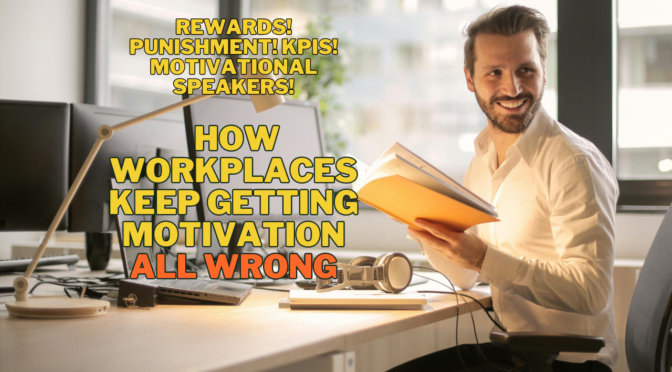These are really exciting times for the happy at work project. We’re meeting lots of interesting people and good things just eem to keep happening to us. I love it! That’s also why I haven’t been posting for a few days.
Here’s just a few of the good things that have come up recently:
New members
Some new people have joined the project, each of whom brings some very interesting skills with them. I really enjoy the boost that comes from the energy and ideas that new members bring to the project. Welcome, guys!
Prison
I visited Denmarks biggest prison the other day in preparation for a workshop we’re doing with some of their employees (mostly prison guards) in march. This gave me an insight into a workplace that is not like most others. A workplace where more is at stake. Where the difference between a good and a bad day means more than just running out of coffee. A bad day in this job can put you in the hospital. And as a consequence, people are there for each other. If you need the help of your colleagues, you get it, sometimes without even asking for it.
Conference
We’re just finalizing our conference, which will be the first conference on happiness at work in Denmark (possibly in the world), and we have a very interesting and untraditional day planned. This will be more than just an endless lineup of speakers talking at a passive audience. This will be an event to inspire, energize and to spark action.
Book
Our book on happiness at work is also coming along nicely. We had a meeting yesterday with a publisher who would like to publish it (YAAAAY!), but we’re still thinking that maybe we should publish it ourselves. That way we keep all the rights and flexibility, and if we suddenly decide to offer it for free downloads on the net, we can.
And here’s the kicker: All of this stuff happened within the last ten days. Interesting times, huh?





